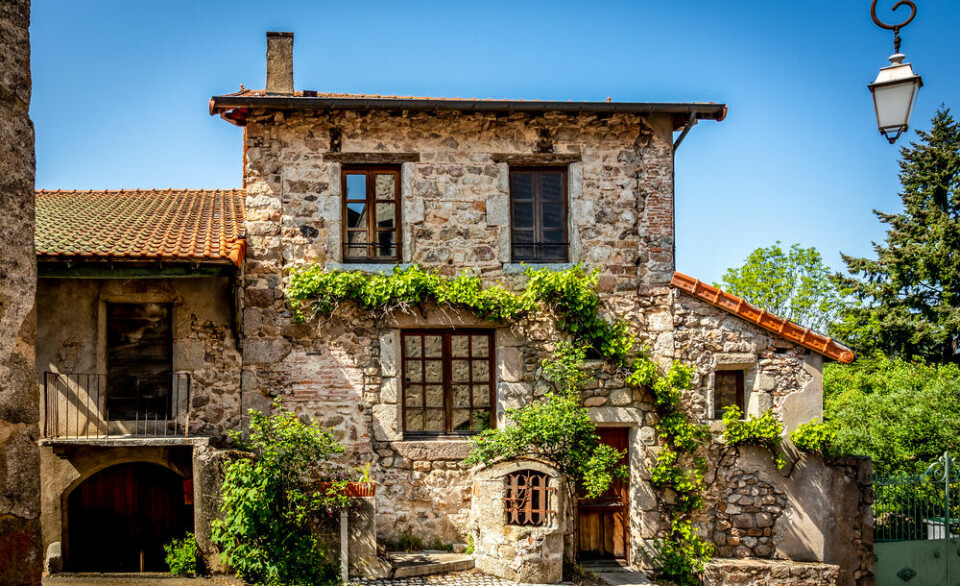-
Duck Cold! Four French phrases to use when it is freezing outside
We remind you of French expressions to use to describe the drop in temperature
-
When and why do we say le moral dans les chaussettes?
We explore this useful expression that describes low spirits
-
The origins and meaning of tirer les marrons du feu
As Christmas approaches, we look at a phrase to describe someone who takes advantage of a situation
Grisly tale of a common French phrase
A popular French expression is said to have murderous origins. We look at the evidence...

The expression ‘on n’est pas sorti de l’auberge’, which translates as ‘to not be out of the woods yet’ stems from a 19th century crime horror story.
Back in the 1830s, a hostel in Ardèche named l’Auberge de Peyrebeille (or The Peyrebeille Inn) was run by Pierre and Marie Martin.
After a corpse was found by the river near the inn, they were accused of murdering a customer. The case went to trial and hundreds of witnesses testified against them, claiming numerous other murders were committed by them.
Stay informed:
Sign up to our free weekly e-newsletter
Subscribe to access all our online articles and receive our printed monthly newspaper The Connexion at your home. News analysis, features and practical help for English-speakers in France
The couple had murdered up to 50 guests in their hostel, it was claimed, and they were also accused of rape and cannibalism. Rumour had it that they often used to cook some of their victims’ body parts and feed them to their guests (some farmers claimed to have seen hands in the cooking pot!).
Although there was no direct evidence against them, the couple were convicted and guillotined in front of the auberge along with their employee, Jean Rochette, with a crowd of over 30,000 people looking on. Following the awful crimes, the hostel’s name became l’Auberge Rouge.
The expression 'on n’est pas sorti de l’auberge' refers to an issue or a situation that won’t be resolved easily or will take a long time to be achieved. Some have attributed it to the l’Auberge de Peyrebeille. However, ‘auberge’, as well as meaning an inn, also referred to prison in the 19th century, which is the phrase’s more likely origin- ie “we are not out of prison yet”.
The Auberge Rouge today is a museum, pictured below.
























